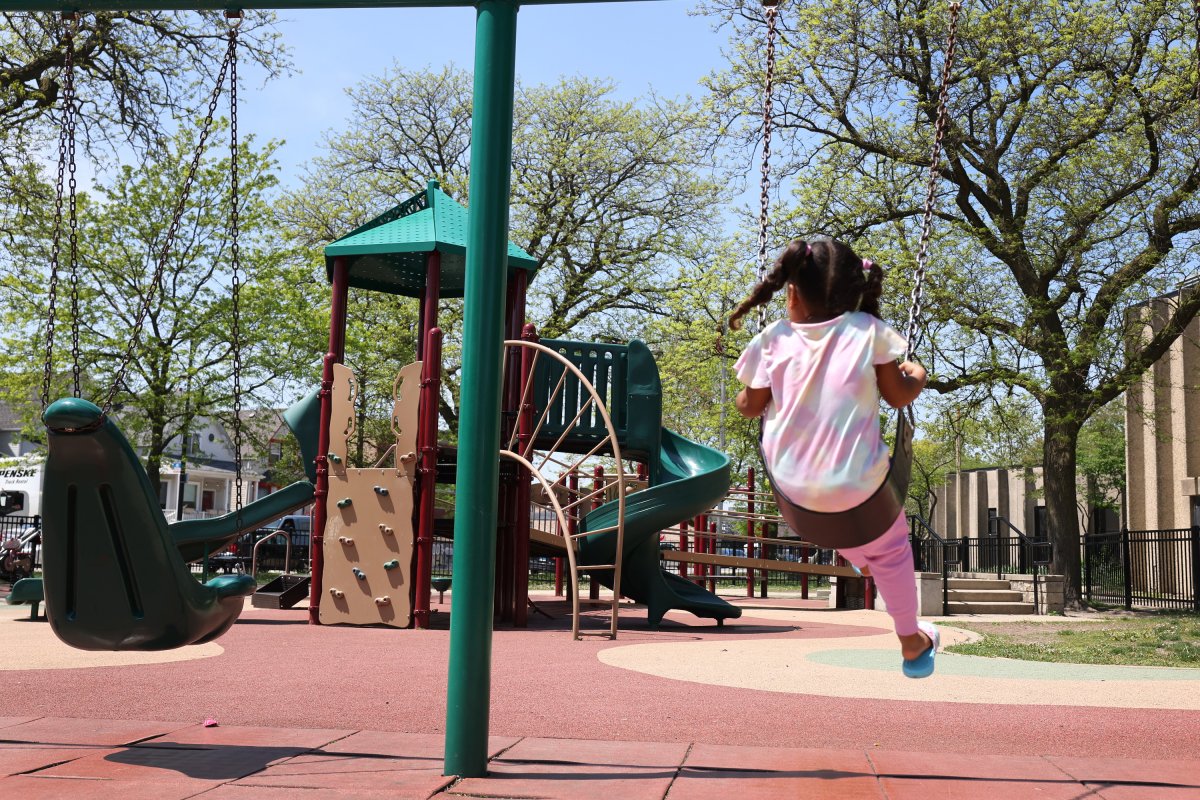-
America’s Loneliness Epidemic Hits Kids Hardest - March 2, 2024
-
A portion of Mulholland Drive, damaged by mudslides in winter storms, reopens - May 26, 2024
-
‘Maybe You Don’t Want to Win’ - May 26, 2024
-
Donald Trump Putting Law Enforcement in Danger: Attorney - May 26, 2024
-
Avoid the waters of these 5 L.A. County beaches this holiday weekend, public health officials say - May 26, 2024
-
Bawdy Comedy ‘Anora’ Wins Palme d’Or at Cannes Film Festival - May 26, 2024
-
Map Shows Heat Wave Zone Spread Into Five New States - May 26, 2024
-
Azusa police arrest suspected slingshot-wielding vandal - May 25, 2024
-
Donald Trump Hammers Judge Ahead of Jury Instructions - May 25, 2024
-
Sometimes U.S. and U.K. Politics Seem in Lock Step. Not This Year. - May 25, 2024
America’s Loneliness Epidemic Hits Kids Hardest
Americans are lonely.
This loneliness is not the occasional experience of a solitary, rain-dimmed afternoon. Nor is it something that can be solved by simply having a cup of coffee with a neighbor. It is a profound lack of human connection, rooted deep in our political, social, and economic culture.
The last 40 years have witnessed astounding economic growth, mind-blowing new technologies, and freedom of movement unprecedented in human history. But the cost to human relationships, well-being, and social concord has been catastrophic. One result is the loneliness that pervades our society, which profoundly impacts our youngest children and their families.
Approximately half of the U.S. population reports feeling lonely. At an individual level, this loneliness can manifest as depression, anxiety, alcohol or drug addiction, violence, or despair. At a societal level, it manifests as a politics of tribalism, polarization, and demonization. When people are primed to compete for money and status and to “go it alone,” connections among families, neighborhoods, and communities fray. All this leaves many feeling abandoned by the system.
Millennials and Gen Z are among the most affected by loneliness in our society. Among Gen Z, a staggering 73 percent reported constantly or sometimes feeling alone. This is the generation that will soon be becoming parents.
Positive relationships are central to our well-being. They make us who we are, make us happier and healthier, and help us live longer. Scientific research on human development confirms what we have known intuitively for generations: stable, nurturing relationships are the foundation of human flourishing. These relationships and connections start from the very genesis of life. And they depend on the people who care for our children in their early years.
Loneliness deeply affects children via the adults in their lives. It undermines parents’ capacity to hold attention and self-regulate, as well as their mental well-being and readiness to ask for help when life gets to be too much. This can disrupt their ability to provide nurturing care for their children.
Loneliness is not just a personal struggle. It is a public health concern that can damage the essential building blocks of safe, stable, nurturing relationships. The loneliness of parents impacts the well-being and development of their children.

Scott Olson/Getty Images
Policymakers are finally beginning to address the roots of American loneliness. For instance, members of Congress are holding hearings on social media’s impacts on adolescent mental health and creating laws to promote social connection. But such steps only lessen the impacts, barely addressing the root causes of this malaise. They certainly do not explore the means we have to promote social connection from the very earliest moments of human life. When we do hear conversations about loneliness, young children hardly come up. Meanwhile, families across the country continue to suffer.
Yet this is a moment of opportunity, even with the polarization and challenges we face. Our politics can help shape our public lives in a more relational, equitable, and humane way that centers the needs of children and families.
The loneliness problem requires us to rethink the infrastructures and systems that support children and families. This rethinking must include a deeper understanding of loneliness’s economic, social, and political drivers. Our politics must better connect our families with young children, their communities, and our shared future. Otherwise, our programmatic efforts on behalf of children—from Head Start to career education—will be in vain.
We have to be in this for the long haul. Our problems arose over time, and an investment in children is, by definition, a long-term investment. It requires change from the top down and the ground up, and efforts from leaders and communities, experts and creatives, thinkers and practitioners. It also requires walking with families to develop, test, and scale solutions.
My organization, Capita, is engaging with many groups and individuals to discuss the problem of loneliness and ways to foster a more connected society. Notably, we’ve found strong concern on both sides of the American political aisle. Fighting loneliness and reconnecting our families and communities is a bipartisan issue.
Last year, Sen. Chris Murphy (D-Conn.) introduced legislation to create a national social connection strategy to tackle this crisis from the very top. It is a promising first step towards solutions at the federal level. I hope similar strategic efforts will flourish in statehouses and city halls across America.
In this pivotal election year, I’d like to see politicians in both parties and at all levels of government commit to tackling the epidemic of loneliness, especially for our families with young children.
Joe Waters is the Co-Founder and CEO of Capita, an independent, nonpartisan think tank focused on building a future in which all young children and families can flourish.
The views expressed in this article are the writer’s own.
Uncommon Knowledge
Newsweek is committed to challenging conventional wisdom and finding connections in the search for common ground.
Newsweek is committed to challenging conventional wisdom and finding connections in the search for common ground.
Source link































